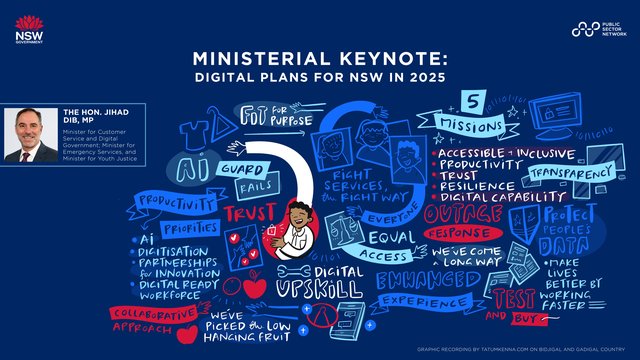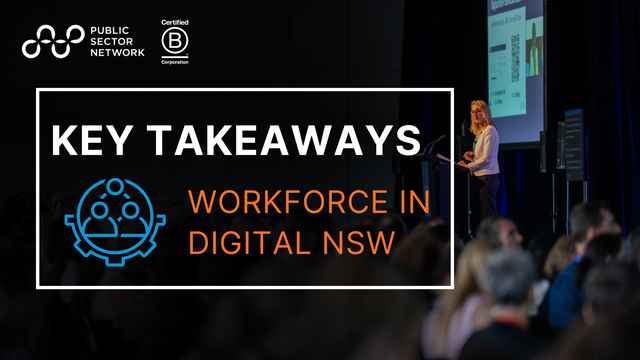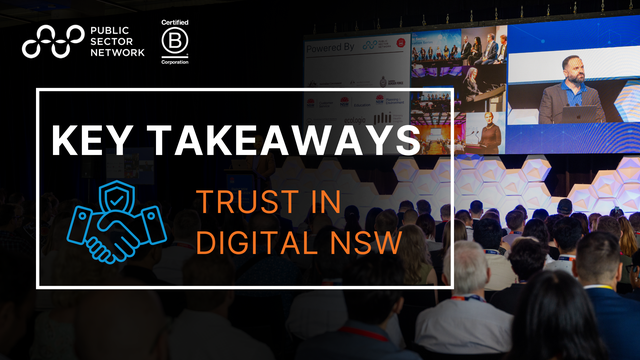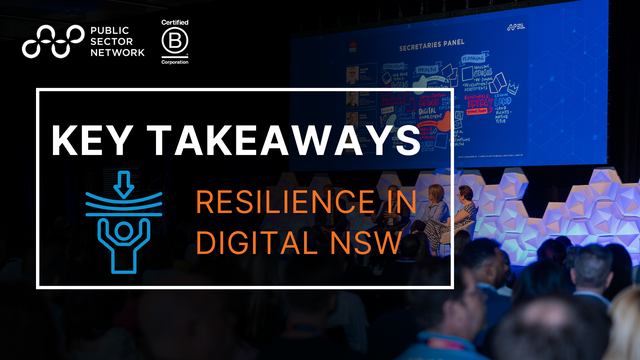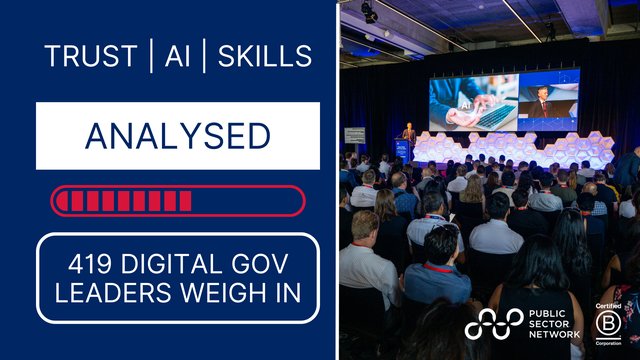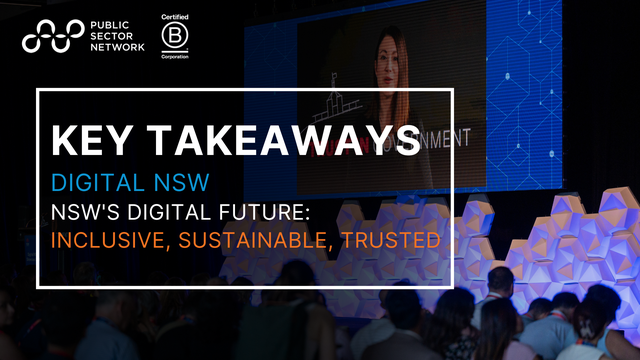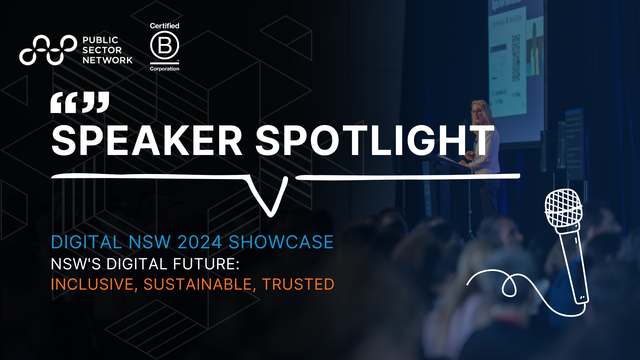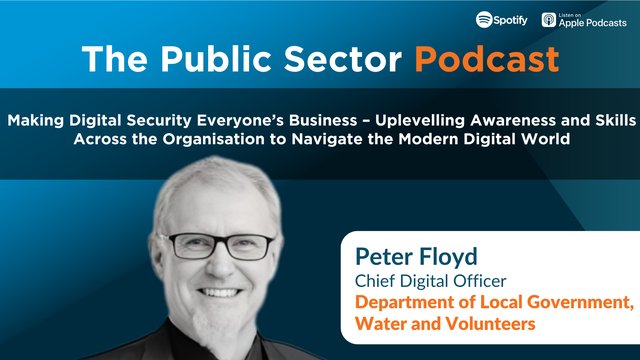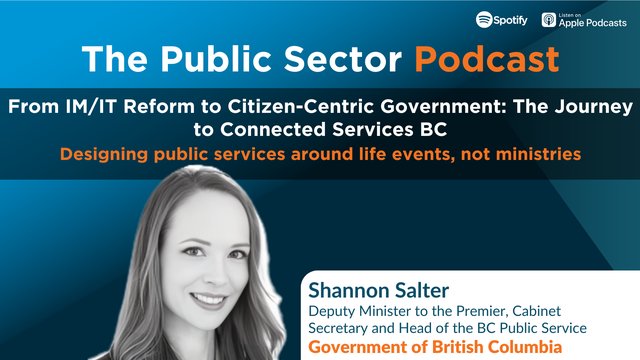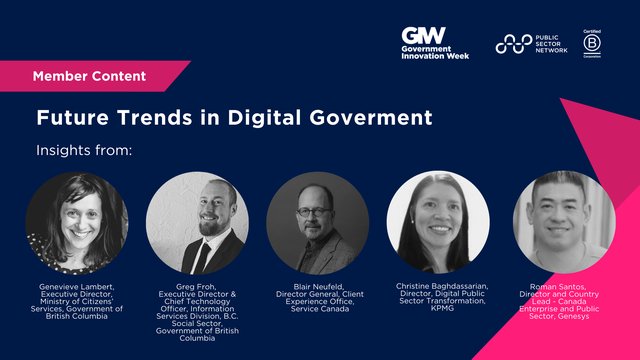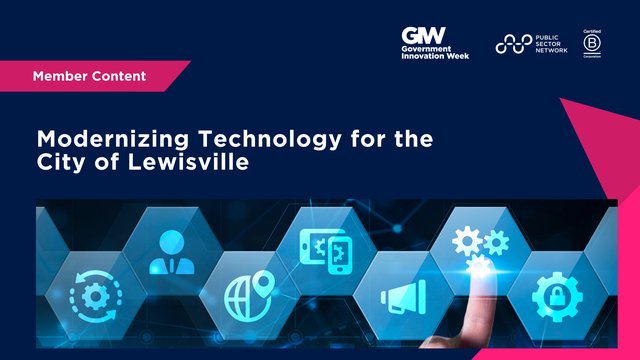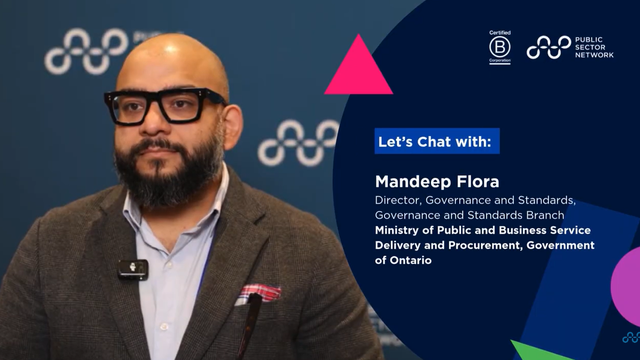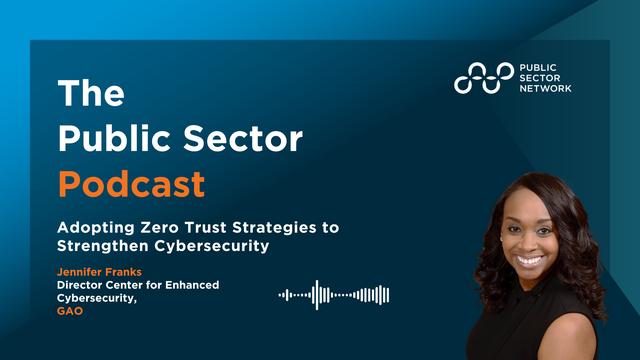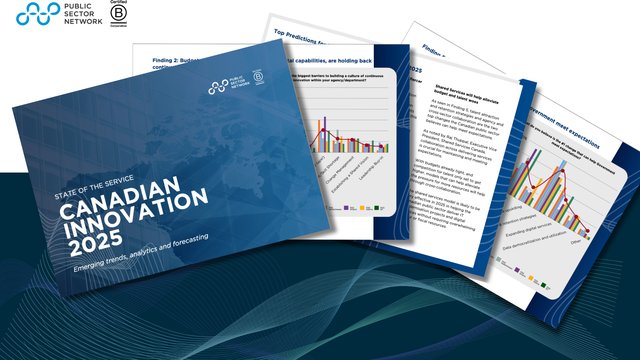
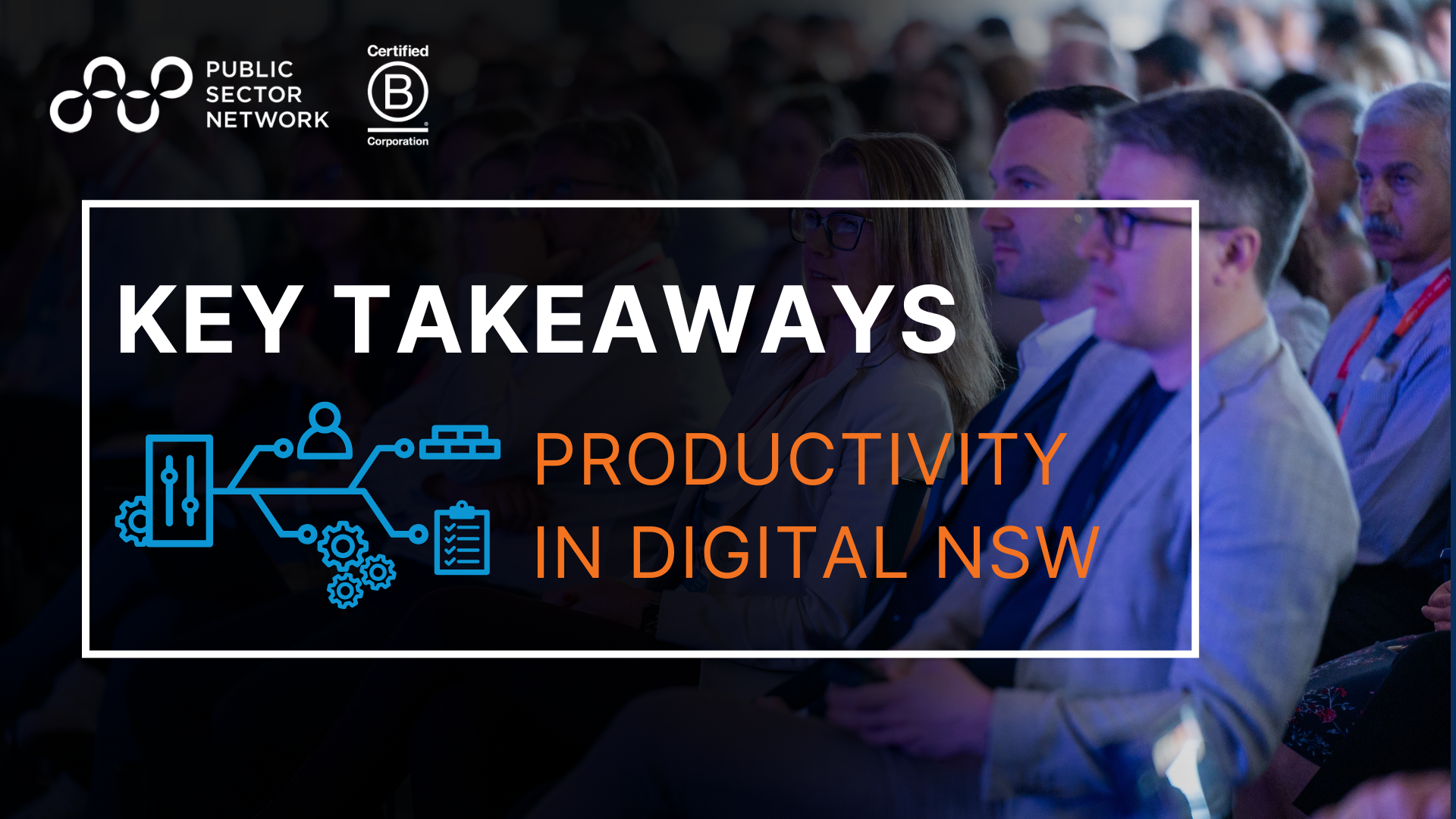
The Evolving Field of Responsible AI: Global Trends, NSW Progress and Future Directions
Dan Roelink, Director Digital Strategy, Investment & Architecture Digital NSW, Department of Customer Service
1. Unlocking AI's Potential Requires Responsible Use
Dan emphasised the need for governments and organisations to adopt responsible AI practices to unlock the significant benefits of AI while managing risks. He outlined New South Wales’ AI assessment framework as a critical tool for identifying high-risk use cases and ensuring consistent, safe deployment.
2. Tailoring Risk Management to Specific Use Cases
Not all AI use cases carry the same level of risk. Dan highlighted the importance of focusing on high-impact areas such as recruitment, financial aid, and regulatory enforcement while advocating for collaboration and learning from global best practices, like the EU AI Act and UK safety institutes.
3. Building Awareness and Capability is Essential
To realise AI’s transformative potential, organisations must invest in awareness, governance, and technical capability. This includes integrating AI frameworks with cyber security principles, fostering open-source collaboration, and leveraging international standards like ISO 42,001 and the NIST AI playbook.
Digitally Enabled Transformation
Mark Howard, Executive Director, Digital Strategy, Investment and Assurance, Department of Customer Service
Natalie Smith, Associate Professor, University of Sydney
1. Legacy Systems and Strategic Modernisation Are Crucial for Productivity
The conversation highlighted that outdated systems hinder government productivity and service delivery. Addressing this requires a focused strategy, including prioritising high-risk areas, ensuring cyber security, and enabling front-line staff to perform efficiently through digital modernisation.
2. Sponsors Play a Pivotal Role in Transformation Success
Sponsors are critical to the success of transformation projects but often lack dedicated time or experience in these roles. The discussion underscored the need for sponsors to prioritise their role, engage actively, and access support frameworks like the Digital New South Wales strategy to navigate complex multi-stakeholder transformations.
3. Investment and Mindset Shifts Are Essential for Sustainable Digital Change
Realising the potential of digital transformation requires rethinking investment approaches. Governments must move beyond short-term budget cycles and recognise the long-term productivity and innovation gains from robust digital frameworks and governance. This includes upfront investments in data capability to fully leverage AI and emerging technologies.
Elevating End User Productivity to Drive XLA Success
Mohammed Khan, Strategic Engagement Manager - Global Services and Solutions, HP
1. User Experience is the Key to Productivity
Mohammed highlighted that traditional SLA-focused metrics are insufficient to measure and enhance productivity. Instead, organisations need to adopt experience-level agreements (XLAs) that account for end-user needs, behaviours, and pain points. Tailoring solutions to generational preferences and workplace personas ensures improved user satisfaction and productivity.
2. Data-Driven Insights Enable Proactive Solutions
Organisations must leverage data to understand and resolve root causes of inefficiencies, such as network issues, software misconfigurations, or excessive resource utilisation. By proactively addressing these challenges, organisations can significantly reduce support tickets and improve user experiences across different environments.
3. Empowering Users Through Seamless Tools and Processes
To drive productivity in hybrid work settings, organisations must empower users with self-service capabilities, seamless collaboration tools, and tailored support. Addressing generational differences in work styles and leveraging predictive data to anticipate and solve issues ensures employees can focus on their core tasks without disruptions.
Collaborating Within Government with Industry and Academia to Innovate and Solve Complex Problems
Mark Lenzner, Executive Director, ICT / Digital Sourcing, Department of Customer Service
Patricia Davidson, Vice Chancellor’s Fellow, UNSW
Prof Aaron Quigley, Deputy Director & Science Director, Data61
James Calder, Director of AI, Analytics, and Digital, NICE – APJ and ME
Moderated by Louisa Francis, Partner, Technology Consulting, Data & Analytics, EY
1. Collaboration Requires Transparency, Trust, and Shared Values
Successful collaboration hinges on aligning priorities and fostering trust among partners. This includes government agencies clearly articulating their problems, industry partners contributing expertise, and academia bringing research-driven solutions. Respect for different organisational cultures and transparent communication are essential for achieving shared goals.
2. Long-Term Commitment is Crucial for Innovation
Effective collaboration often requires sustained investment over many years. Examples such as healthcare and AI innovation highlight the importance of staying the course despite changes in leadership, funding cycles, or initial failures. Building flexible, agile funding and procurement mechanisms, like the Digital Restart Fund and Test and Buy framework, supports long-term success.
3. Leverage Data and Partnerships to Solve Complex Problems
Sharing data securely across sectors can unlock innovative solutions, but challenges such as budget cycles and organisational siloes must be addressed. Initiatives like regional connectivity projects and health precinct collaborations demonstrate the power of cross-sector partnerships in tackling complex issues and delivering real-world impact.

